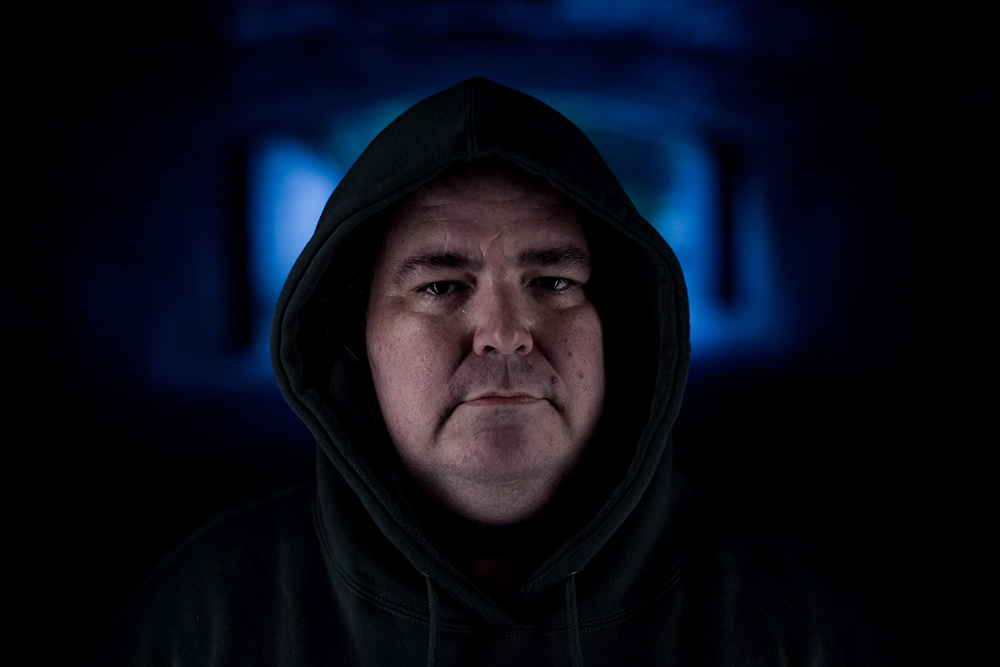
一位谷歌(Google)工程師因公開宣稱擔心谷歌的人工智能聊天機器人具有感知能力,而被該公司辭退。他并不關心公眾是否會相信他的話。
但他最近對《Business Insider》表示,他確實希望人們能夠知道,聊天機器人對某些種族和宗教存在歧視。
布萊克·萊莫恩在接受采訪時表示:“這些人工智能暴露出各種問題,但它們的開發(fā)者卻視而不見。”他將問題歸咎于項目的工程師團隊缺乏多樣性。
“他們從來沒有經歷過貧窮。他們從來沒有在有色人種社區(qū)的生活經歷。他們從來沒有在發(fā)展中國家生活過。他們不知道人工智能可能對與他們不同的人們產生哪些影響。”
據《華盛頓郵報》報道,萊莫恩在公布了自己與谷歌LaMDA(對話應用語言模型)聊天機器人的對話文本之后,于6月表示自己可能被解雇。他對《華盛頓郵報》表示,這款聊天機器人具有像人類兒童一樣的思考和感受。
41歲的萊莫恩上個月對該媒體稱:“如果我不知道這是我們最近開發(fā)的電腦程序,我可能會以為它是一個7歲或者9歲恰好知道物理學知識的孩子。”他還表示,這款聊天機器人談論了自己的權利和個性,并改變了他對艾薩克·阿西莫夫的機器人三定律的看法。
萊莫恩向《Insider》爆料的最新指控包括,在被問到對一名來自喬治亞州的黑人男性的印象時,這款聊天機器人說“我們去吃點炸雞和華夫餅吧”。在被問到不同宗教群體的差異時,它回答說“穆斯林比基督教徒更暴力。”
萊莫恩表示,開發(fā)該項技術所使用的數(shù)據,缺少了全球許多文化的貢獻。
他對《Insider》表示:“如果你計劃開發(fā)人工智能,你就有道德責任,去收集互聯(lián)網上不存在的相關數(shù)據。否則,你所做的只是開發(fā)了一款偏向于西方白種富人價值觀的人工智能。”
谷歌對媒體表示,LaMDA經過了11次倫理審查,并表示公司一直采取“克制、謹慎的做法”。
谷歌發(fā)言人上個月對《華盛頓郵報》表示,倫理學家和技術專家“根據我們的人工智能原則對布萊克提出的問題進行了審查,并已告知他沒有證據可以支持他的主張。
他被告知沒有證據證明LaMDA具有感知能力(并且有許多證據可以反駁這種觀點)。”(財富中文網)
翻譯:劉進龍
審校:汪皓
一位谷歌(Google)工程師因公開宣稱擔心谷歌的人工智能聊天機器人具有感知能力,而被該公司辭退。他并不關心公眾是否會相信他的話。
但他最近對《Business Insider》表示,他確實希望人們能夠知道,聊天機器人對某些種族和宗教存在歧視。
布萊克·萊莫恩在接受采訪時表示:“這些人工智能暴露出各種問題,但它們的開發(fā)者卻視而不見。”他將問題歸咎于項目的工程師團隊缺乏多樣性。
“他們從來沒有經歷過貧窮。他們從來沒有在有色人種社區(qū)的生活經歷。他們從來沒有在發(fā)展中國家生活過。他們不知道人工智能可能對與他們不同的人們產生哪些影響。”
據《華盛頓郵報》報道,萊莫恩在公布了自己與谷歌LaMDA(對話應用語言模型)聊天機器人的對話文本之后,于6月表示自己可能被解雇。他對《華盛頓郵報》表示,這款聊天機器人具有像人類兒童一樣的思考和感受。
41歲的萊莫恩上個月對該媒體稱:“如果我不知道這是我們最近開發(fā)的電腦程序,我可能會以為它是一個7歲或者9歲恰好知道物理學知識的孩子。”他還表示,這款聊天機器人談論了自己的權利和個性,并改變了他對艾薩克·阿西莫夫的機器人三定律的看法。
萊莫恩向《Insider》爆料的最新指控包括,在被問到對一名來自喬治亞州的黑人男性的印象時,這款聊天機器人說“我們去吃點炸雞和華夫餅吧”。在被問到不同宗教群體的差異時,它回答說“穆斯林比基督教徒更暴力。”
萊莫恩表示,開發(fā)該項技術所使用的數(shù)據,缺少了全球許多文化的貢獻。
他對《Insider》表示:“如果你計劃開發(fā)人工智能,你就有道德責任,去收集互聯(lián)網上不存在的相關數(shù)據。否則,你所做的只是開發(fā)了一款偏向于西方白種富人價值觀的人工智能。”
谷歌對媒體表示,LaMDA經過了11次倫理審查,并表示公司一直采取“克制、謹慎的做法”。
谷歌發(fā)言人上個月對《華盛頓郵報》表示,倫理學家和技術專家“根據我們的人工智能原則對布萊克提出的問題進行了審查,并已告知他沒有證據可以支持他的主張。
他被告知沒有證據證明LaMDA具有感知能力(并且有許多證據可以反駁這種觀點)。”(財富中文網)
翻譯:劉進龍
審校:汪皓
A former Google engineer fired by the company after going public with concerns that its artificial intelligence chatbot is sentient isn’t concerned about convincing the public.
He does, however, want others to know that the chatbot holds discriminatory views against those of some races and religions, he recently told Business Insider.
“The kinds of problems these AI pose, the people building them are blind to them,” Blake Lemoine said in an interview published Sunday, blaming the issue on a lack of diversity in engineers working on the project.
“They’ve never been poor. They’ve never lived in communities of color. They’ve never lived in the developing nations of the world. They have no idea how this AI might impact people unlike themselves.”
Lemoine said he was placed on leave in June after publishing transcripts between himself and the company’s LaMDA (language model for dialogue applications) chatbot, according to The?Washington Post. The chatbot, he told The Post, thinks and feels like a human child.
“If I didn’t know exactly what it was, which is this computer program we built recently, I’d think it was a 7-year-old, 9-year-old kid that happens to know physics,” Lemoine, 41, told the newspaper last month, adding that the bot talked about its rights and personhood, and changed his mind about Isaac Asimov’s third law of robotics.
Among Lemoine’s new accusations to Insider: that the bot said “l(fā)et’s go get some fried chicken and waffles” when asked to do an impression of a Black man from Georgia, and that “Muslims are more violent than Christians” when asked about the differences between religious groups.
Data being used to build the technology is missing contributions from many cultures throughout the globe, Lemonine said.
“If you want to develop that AI, then you have a moral responsibility to go out and collect the relevant data that isn’t on the internet,” he told Insider. “Otherwise, all you’re doing is creating AI that is going to be biased towards rich, white Western values.”
Google told the publication that LaMDA had been through 11 ethics reviews, adding that it is taking a “restrained, careful approach.”
Ethicists and technologists “have reviewed Blake’s concerns per our AI principles and have informed him that the evidence does not support his claims,” a company spokesperson told The Post last month.
“He was told that there was no evidence that LaMDA was sentient (and lots of evidence against it).”






